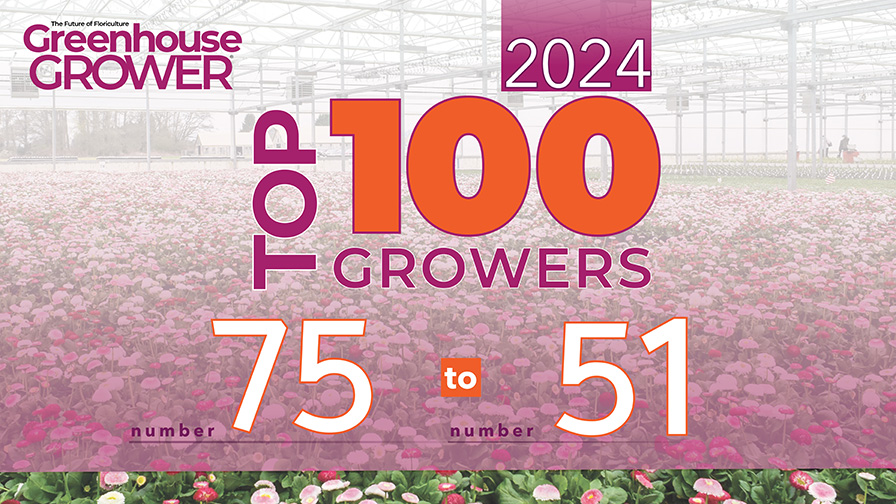4 Myths That Keep Greenhouses from Adopting a Business Management Solution
Many small greenhouse growers dismiss the idea of implementing an end-to-end business management solution, also known as Enterprise Resource Planning (ERP). They may think that modern technologies running in the cloud are meant only for large businesses.
But by taking a forward-looking perspective — and investing in technology that allows the business to gain greater insights — owners can enable operations to scale and become one of the larger players in their market. The more intelligence the business collects on inventory availability, customer demand, and product margins, the more easily managers can make decisions that help the business operate profitably as it grows.
This article examines four myths that keep small greenhouse growers from adopting an end-to-end business management solution that allows them to gain greater market share. Modern technology to drive automated processes and provide access to real-time data is critical. Without it, internal teams won’t be able to keep up with all the orders that come in as the business experiences success. Margins will start to dwindle, and the team may suffer from burnout as they struggle daily to manually keep the business running.
Myth #1 – It Takes Too Long to Implement a Business Management Solution
When greenhouses partner with a solution provider to implement a business management solution, they can typically go live in just four to six months. It’s best for the technology to be fully tested and deployed in advance of the busy spring season, so growers should kick off their project in the fall. When relying on ERP experts to assist, it will streamline the implementation by tailoring the solution to fit the exact business needs and focusing on the specific functions the greenhouse requires.
Myth #2 – It’s Hard to Learn How to Use an ERP Solution
The solution provider partner will also play a crucial role in helping people who aren’t used to technology adapt to an ERP solution. They can examine the business processes and train the staff on the functions it most needs help with. It’s also helpful if the software vendor provides online tools for follow-up training. With these resources, internal teams can adopt the solution quickly and become comfortable completing daily tasks.
Myth #3 – Greenhouse Growers Need Unique Functionality ERPs Don’t Offer
It’s important to look beyond the base system that provides the ERP foundation every business needs — general ledger, bill of materials, costing, and purchasing. Identify a solution that also layers processes on top of the base ERP that are designed for the horticulture industry — with specific features to meet the needs of growers. With this combination, growers get the best of both worlds: an ERP solution used by all industries along with the specific workflows that greenhouses require. Management can accurately track inventory, manage the financial side of the business, and streamline production — all in one integrated system.
Myth #4 – Growers Need a Dedicated IT Team to Support and Secure a Cloud ERP System
When using a cloud solution, there’s no software to install. Plus, the software vendor takes care of all server and system administration while also making sure data is secure. With the solution running in a cloud data center, the business benefits from the latest cybersecurity controls (such as multi-factor authentication) and experts who manage the environment to deliver optimal performance and ensure the system stays up and running 24×7. Users simply connect to the Internet, and the internal IT team can focus on helping them generate analytical insights from the data.
The ROI of a Business Management Solution
With the recent market growth that the horticulture industry is experiencing, the pressure is on to adopt digital ERP solutions in the cloud in order to keep up with customer demand and outpace the competition. At Velosio, we work with greenhouse growers every day and have seen many successfully adopt ERP technology.
The ultimate ROI of a business management solution is how it allows businesses to operate more efficiently. It minimizes manual processes, so the business is less dependent on individuals and the information they have stored inside their heads — which mitigates the risk of people leaving the company. Managers can also free up time for the staff and redeploy them into higher-value activities while gaining insights that help with strategic planning.









